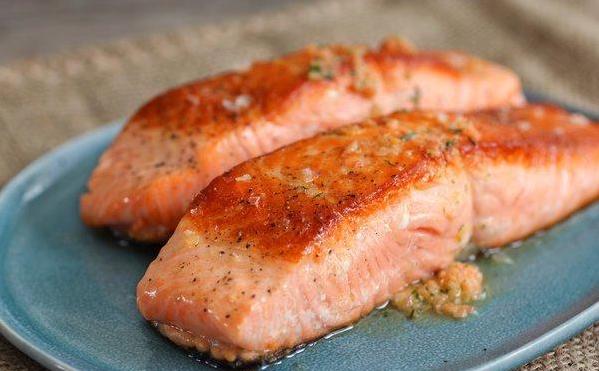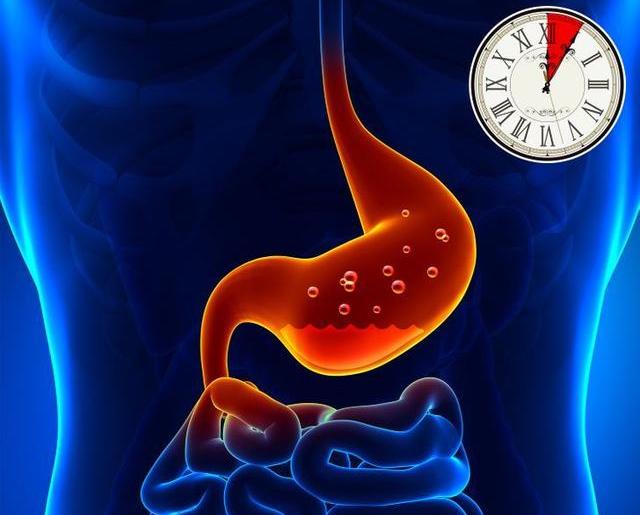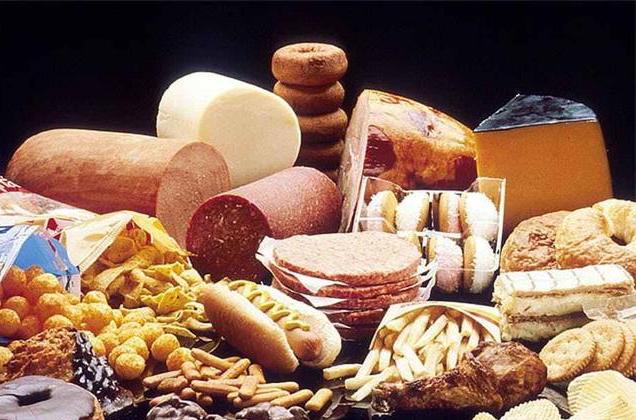In the 80's and 90's, you may remember that it was still a time when "there was no oil and water". That means dietary fats, whether unsaturated fats, saturated fats, omega-3 fatty acids or trans fats, were largely lumped together, and these are now considered problematic in terms of weight loss and heart health. And it took many of us a long time to understand that this idea is not entirely true and that avoiding all fat intake can instead harm our hearts and affect weight loss. Fast forward to the now very popular ketogenic diet, which seems to be going to the other extreme. We have gone from limiting fats as much as possible to a fad diet with more fat intake, about 75% fat, 20% protein, and 5% carbohydrates.

So how should fat intake proceed when it comes to controlling our weight and overall health? The truth is that somewhere in between these two extreme approaches, the science in this area will continue to evolve. Based on the available science, it is recommended to consume 20 to 35 percent fat, 45 to 65 percent carbohydrates and 10 to 35 percent protein.
Fats in the diet and weight loss
Fats are an important part of our diet. They are a source of energy and help our bodies produce hormones and better absorb fat-soluble nutrients such as vitamins A, D, E and K. One gram of fat (regardless of the type of fat) contains 9 calories. They are more calorie dense than protein (4 calories per gram) and carbohydrates (4 calories per gram). This is one of the reasons why we pursued a low-fat diet so long ago. But it's important to remember that consuming too many calories, regardless of which of the above mentioned sources of nutrients are in abundance? can lead to weight gain, and it's important to know that fat is actually beneficial for weight loss.
Dietary fat slows digestion
Dietary fat naturally slows down the "gastric emptying" time, which means that it takes longer for food to leave the stomach and continue to be digested in the digestive tract. We know that foods that take a while to digest make us feel fuller for longer. So adding a little fat to your food, such as adding olive oil to your salad or choosing to eat some avocado, will help slow down the rate at which you digest your food. In addition, studies have shown that adding fiber will further slow down the digestion of fat. Dietary fats have a favorable effect on hormones More and more studies are looking at the effects of different types of fats on different hormones and satiety levels. One study found that foods higher in polyunsaturated fats led to a significant decrease in a hormone that triggers hunger and higher levels of a hormone that suppresses hunger, compared to monounsaturated fats.

Good fatty foods to choose from when you're on a diet are
1. avocado
What makes avocado so special when it comes to weight loss? It's a combination of healthy fats and fiber. One-third of an avocado contains 4.5 grams of fiber and 9 grams of fat. If you serve avocado with a salad or something like that, the added fat will help slow down the digestion of the food, and the grams of fiber will further slow down digestion. The only thing you need to watch out for is portion control. Avocados are a good choice, but eating the entire bowl of avocados will not help you lose weight.
2. Salmon
Yes, eating fish is good for your health and weight loss, but salmon (and some other fish like tuna and sardines) may be a better choice. These specific types of fish are rich in omega-3 fatty acids, and these fats help boost leptin. If you have some extra weight, you may also be suffering from chronic inflammation, which is the inflammatory chemical that makes our bodies less sensitive to leptin, a hormone that reduces our food intake and regulates our metabolism. However omega-3 fatty acids can help your body reduce its resistance to leptin and allow it to do its job.

3. walnuts
Nuts are a good source of healthy fats, they contain up to 80% fat (each nut varies). All nuts are good for us. Eating nuts is good for our heart because they help lower LDL cholesterol levels and reduce the inflammation associated with cardiovascular disease. Walnuts are among the best because they are unique in that they contain solid doses of omega-3 fatty acids. This also means they are rich in polyunsaturated fatty acids, which we know can also improve our hunger hormone levels.
4. olive oil
If you're trying to lose weight, it may seem counterintuitive to add a little oil to your salad, but olive oil can actually help you manage your weight better. After all, it is a staple of the Mediterranean diet, which is now one of the healthiest and most studied diets we can follow. In the One Project study, researchers looked at 11 randomized clinical trials on olive oil and weight management and concluded that diets rich in olive oil are better for weight loss than diets that don't contain olive oil.

If you want to lose weight, you still need to limit some fat intake, the biggest cause of weight gain is overeating without calorie sources. That said, we know that some foods are good for our health and others are not. Trans fats and saturated fats are not good for our diet and do more harm than good.
1. Trans fats
Trans fats have no redeeming qualities and this artificial fat has now been removed from most processed foods. Although it has been drastically reduced in our food supply, some are still present, so be aware of this.
Margarine, baked goods and fried foods such as French fries and doughnuts can all contain trans fats.
You won't find trans fats in healthy sources of fat, but you may find them in highly processed junk foods, which also often contain high amounts of refined grains. If you want to lose weight, these are the foods you need to severely limit.
Many common foods such as: vegetable oils, candy, chocolate, cakes, bread, pizza, margarine, cookies, etc., contain trans fatty acids. Learn to look at the table of contents of processed foods to clarify all this.
2. Saturated fats
If you're trying to lose weight, chances are you're watching what you eat and trying to eat as little as possible. When we do this, it is especially important that we focus on nutrient-dense foods so that we get all the nutrients we need.
By limiting saturated fats in our diet, we make room for more beneficial sources of fat, such as monounsaturated and polyunsaturated fats.
You'll find saturated fats in fatty meats, fried foods and butter. Also fats from animals such as cattle, sheep and pigs, and a few plants such as coconut oil, cocoa butter and palm oil contain more of these fatty acids.

In one study, saturated fats may increase inflammation by activating a pathway that triggers an obesity-induced inflammatory response. So, if you are overweight, eating foods high in saturated fat may trigger a greater inflammatory response in your body.
Popular Articles
-
Home goodies recommended, these 5 good and not expensive things to improve the quality of life

-
 The world's most toxic ants: Bullet ants bite people in pain
The world's most toxic ants: Bullet ants bite people in painApr 02, 2025
-
 These useless fitness behaviors make it hard to get a good body
These useless fitness behaviors make it hard to get a good bodyApr 02, 2025
-
 Three home life small appliances recommended
Three home life small appliances recommendedApr 02, 2025
-
 The three most powerful celestial bodies in the universe
The three most powerful celestial bodies in the universeApr 02, 2025
-
 People who seldom catch a cold and get sick at ordinary times, will their immunity be stronger?
People who seldom catch a cold and get sick at ordinary times, will their immunity be stronger?Apr 02, 2025







Comments
0